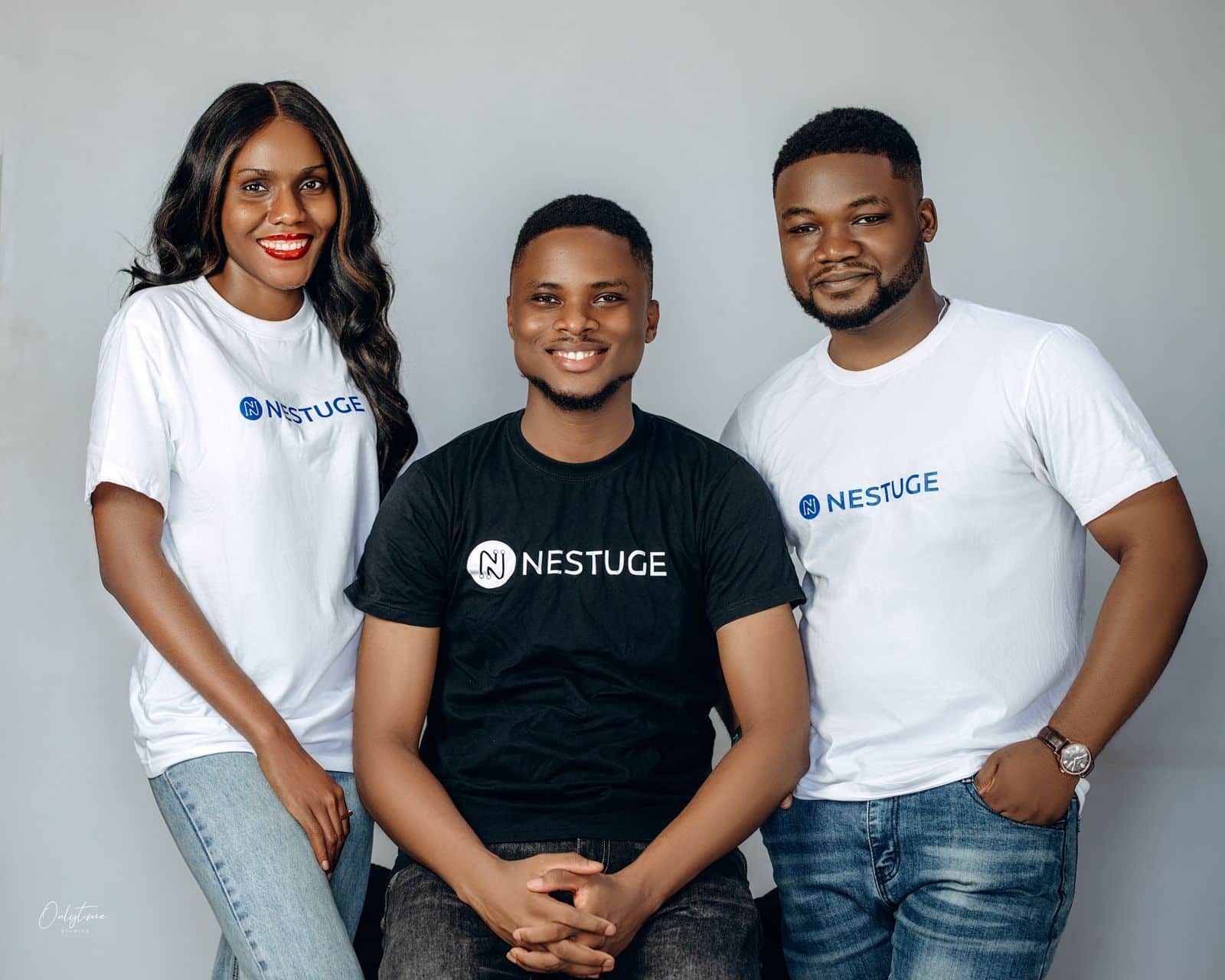In February 2023, Co-Creation Hub (CcHub), an innovation lab with offices in Nigeria and Kenya, announced a $15 million edtech-focused accelerator programme. Over the next three years, CcHub plans to invest an initial $100,000 in 72 startups in Nigeria and Kenya.
Each startup will get $100,000 and support from an in-house team providing help across several business areas, including communications, government relations, portfolio management, and product development, among others. The selected startups also stand to receive follow-on investment via an edtech fund that CcHub hopes to launch within the next 24 months.
Bosun Tijani, CcHub’s Co-founder and CEO, hopes that at least 20% of the 72 startups survive for up to three years, helping CcHub understand how technology can solve Africa’s educational needs.
“Over the next three years, we will have 72 edtech companies launched into the market. We believe this will kickstart the ecosystem and reboot it afresh because out of that number, at least you’re sure about half or 20-30% of them would live for another three to four years. And that will allow us to know if technology can truly work for education in Africa,” he said in a conversation with TechCrunch.
Stemming Africa’s education crisis with technology
Per the United Nations Educational, Scientific and Cultural Organization (UNESCO), there are 20 million out-of-school children in Nigeria. In Kenya, a 2020 study put the number of out-of-school children of primary school age at 1.13 million. Moving higher up the educational and age ladder, only 2.1 million students are enrolled in tertiary institutions in Nigeria, although the country has 39.9 million citizens between the ages of 15 and 24. Clearly, there’s a huge problem in the education sector. The question is whether edtech startups can solve it, or at least part of it.
In 2022, African edtech startups raised $84 million, according to this report from Africa: The Big Deal. In the previous year, they raised $276 million, but those numbers were bolstered by Andela’s $200 million Series E round.
Unlike sectors such as fintech, eCommerce, or cleantech, Africa’s edtech sector has seen little interest from venture capitalists, often depending on grants and prizes to fund their operations. Besides Andela, the only other edtech startup that has raised more than $10 million on the continent is Sim Shagaya founded uLesson.
Yet, a growing youthful population expected to hit 945 million by 2050, worsening standards of public education, and rising youth unemployment means that Africans cannot sit idly by and watch its most important resource waste away.
Supported by venture capital, technology-enabled startups are improving inefficiencies and lowering the barrier to entry in sectors like finance and commerce, but education has felt little of that impact. Most edtech startups in Nigeria, for example, help students prepare for entrance examinations. Without diminishing their contributions, that is hardly the biggest challenge facing the edtech space in Nigeria or Africa, for that matter.
For Nigeria’s 20 million out-of-school children, insecurity in large parts of the country, poverty, and cultural norms are some of the biggest hindrances to getting an education. Edtech startups must also combat these challenges to thrive.
Accelerating edtech innovation
Krista Davidson, Executive Director at edtech accelerator, Injini, believes that education innovation in Africa has largely relied on public funds and philanthropy making it challenging to adopt tech solutions.
“Innovation in education is happening already. We just need to see more resources funnelled into the ecosystem to help those innovations get validated and scale. With the exception of privatised education, the majority of the education sector across the region has had to rely on a combination of public funds and philanthropy to keep it going. This means we’re dealing with a lot of legacy systems and ideologies that haven’t kept up with a rapidly changing and increasingly digital economy, so learners are being left behind,” she says.
For Tao Boyle, Co-Founder and COO at Foondamate, while there’s a huge opportunity for edtech solutions at all levels, founders must build with an eye on the unique peculiarities of the African market.
“My view is that it’s still day one for edtech in Africa. There’s enormous opportunity, and a huge need for providing education solutions in Africa at every stage of learning. It’s all about building solutions that are scalable, while taking into account the constraints and opportunities in African markets,” she says.
However, it would appear that most of the edtech solutions in Africa are similar, and Tijani pointed out that CcHub hopes to back less obvious but extremely innovative solutions.
“Our thinking is quite broad. We know that the core will probably be narrowed down to a few areas depending on what we see, but we’re challenging ourselves not to fund the most obvious solutions,” he reveals.
By providing these startups with funding, CcHub will solve a significant challenge many edtech startups face, but its focus on seeing what works in the African edtech space is crucial.
Funding is one of the biggest challenges many startups face, but for African edtech startups, it is even more important. Davidson believes that poverty and bureaucracy in the public sector mean edtech startups do not generate profits as quickly as other sectors.
“Your traditional VC is much more concerned with financial returns than social returns. The demographic most edtechs in sub-Saharan Africa are (or should be) designed for are the learners whose families are unlikely to pay a big subscription fee every month. So designing a revenue model that can generate quick profits is not easy.
“In many parts of the continent, public schools, via the government, are the ideal customers covering the cost of edtech solutions for their learners. However, public procurement processes are typically very complex and can be nearly impossible for a startup to navigate without help. This means it takes a long time for a typical African edtech startup to gain traction, penetrate the market, generate profits, and be in a position to deliver a solid ROI to their investors.”
It appears CcHub has a plan with Tijani pointing out that it does not just intend to fund these startups but connect all relevant stakeholders to drive better outcomes.
“It is important that we build a programme that not only finds the smartest people in the startup ecosystem but also connects the startup ecosystem with government authorities, public sectors, schools, and academic institutions so that we can ensure that there’s a clear understanding of how to scale education solutions in the space.”
It is also in talks with Safaricom and MTN to come on board as investors and distribution channels. Injini has equally partnered with Mastercard for an edtech fellowship.
An increasing youth population and the failure of public education means there’s a need for alternative forms of educating Africa’s youth. Success would require evaluating what delivers the most value, while investors need to understand the long-term impact of an educated Africa.
“What’s less often talked about is the fact that by investing in African education, you are directly contributing to the growth of the continent’s economy. By supporting children and youth with higher quality, accessible, and relevant education now, we are setting them up to be productive, valuable members of our economy in the future. It’s a win-win,” Davidson concludes.











